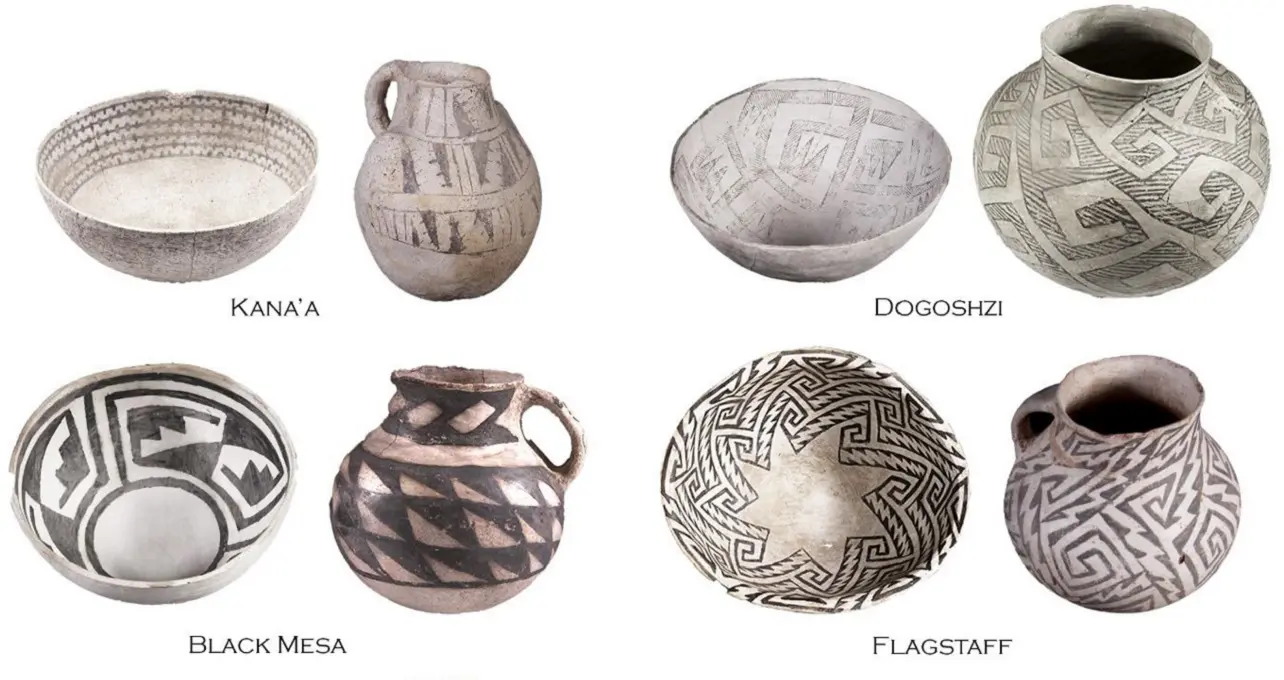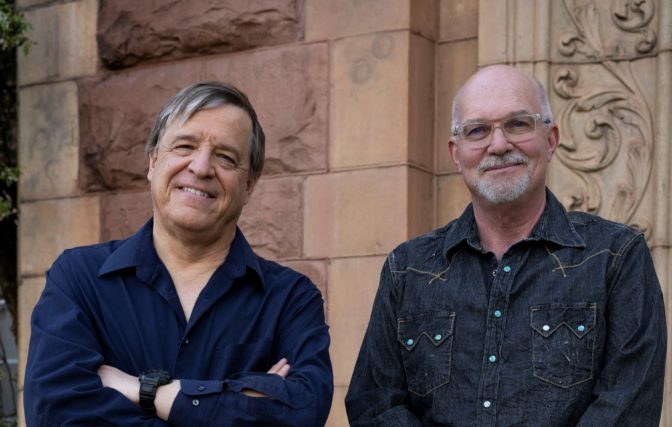Northern Arizona University Researchers Use AI to Study Distant Cultures

The a lot more sophisticated modern day technologies come to be, the extra they can support us comprehend the previous.
Chris Downum and Leszek Pawlowicz, scientists in the Office of Anthropology at Northern Arizona College, are applying GPU-dependent deep understanding algorithms to categorize sherds — very small fragments of ancient pottery.
They spoke with NVIDIA AI Podcast host Noah Kravitz about analyzing sherds to study much more about American Southwest culture, circa 825 to 1300 A.D.
Key Factors From This Episode:
- For practically a century, archaeologists have intently examined sherds to determine their time intervals and cultural affiliations. Even so, human interpretations of the exact sherd frequently change — pushed by ambiguity, mere discrepancies in feeling and a absence of familiarity with the millions of pottery typologies that exist. Downum and Pawlowicz use device studying to assist researchers and learners a lot more objectively classify these ancient pottery fragments.
- Neural networks, experienced on substantial image datasets of sherds that ended up categorised in arrangement with expert archaeologists, decide a sherd’s typology. Outcomes are displayed with “heat maps” which spotlight sections of the sherd that the AI model located most very important to its characterization.

Tweetables:
“These device studying methods in essence train themselves the crucial design parameters that are linked with each and every [sherd] type.” — Leszek Pawlowicz [5:22]
Machine mastering “adds a lot of objectivity and dependability to the course of action of classifying complex artifacts.” — Chris Downum [18:43]
You Could Also Like:
Wild Factors: NVIDIA’s Sifei Liu Talks 3D Reconstructions of Endangered Species
Endangered species can be difficult to examine, as they are elusive and the extremely act of observing them can disrupt their life. Now, scientists can take a closer glimpse at endangered species by studying AI-created 3D representations of them.
Squander Not, Want Not: AI Startup Opseyes Revolutionizes Wastewater Investigation
What do radiology and wastewater have in frequent? Ideally, not significantly. But at startup Opseyes, founder Bryan Arndt and info scientist Robin Schlenga are applying the AI revolutionizing professional medical imaging to assess wastewater samples.
Say Indeed to the AI Dress: Entrepreneur Brings GPUs to Fashion
In the long term imagined by Pinar Yanardag, a postdoctoral research affiliate at MIT Media Lab, AI will collaborate with human beings, not replace them. This is the thought driving her task, “How to Generate (Almost) Anything at all.”
Subscribe to the AI Podcast
Get the AI Podcast as a result of iTunes, Google Podcasts, Google Participate in, Castbox, DoggCatcher, Overcast, PlayerFM, Pocket Casts, Podbay, PodBean, PodCruncher, PodKicker, Soundcloud, Spotify, Stitcher and TuneIn. If your preferred isn’t stated in this article, fall us a note.
Make the AI Podcast Better
Have a few minutes to spare? Fill out this listener study. Your solutions will enable us make a greater podcast.


